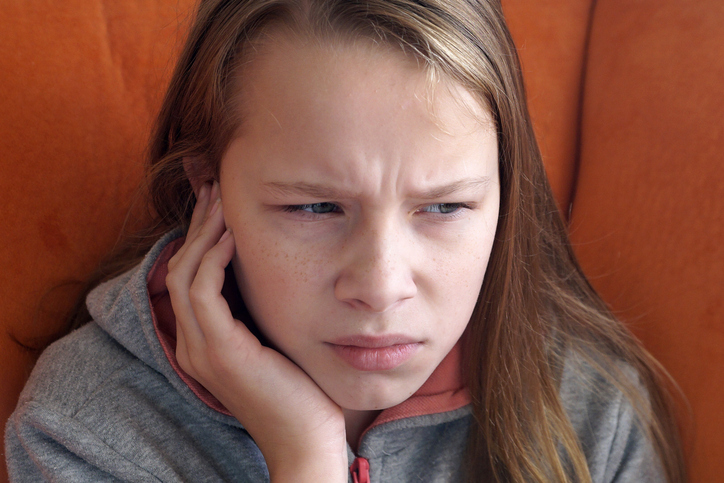
Ear infections, usually caused by bacteria, are an inflammation of the middle ear. With 75% of children getting an ear infection by the age of 3, it’s one of the most common reasons that parents bring their children to the doctor. While most ear infections aren’t a big cause for concern, it’s still important to understand ways to prevent them and treat them.
What Causes Ear Infections?
Ear infections are typically caused by bacteria and often occur after a child has a sore throat, cold, or upper respiratory infection. If their upper respiratory infection is bacterial, the same bacteria that causes the upper respiratory infection can travel to the middle ear and cause an ear infection. If their upper respiratory infection is caused by a virus, the virus can move to the middle ear as a secondary infection.
Thankfully, there are steps you can take to reduce the chance of ear infections:
- Vaccinate your children against influenza every year
- It is also recommended that you vaccinate your child with the 13-valent pneumococcal conjugate vaccine (PCV13). The Centers for Disease Control and Prevention recommends that children under the age of 2 be vaccinated, starting at 2 months of age. Studies have shown that vaccinated children get far fewer ear infections than children who aren’t vaccinated!
- Wash both your hands, and your child’s hands frequently.
- Avoid exposing your baby to cigarette smoke. Studies have shown that babies who are around smokers have more ear infections.
- As much as possible, limit your child’s exposure to other children when your child or your child’s playmates are sick.
How Can I Tell If My Child Has An Ear Infection?
If your child isn’t old enough to verbally say “My ear hurts,” there are a few telltale signs to look for:
- Tugging or pulling on the ear(s)
- Trouble sleeping
- Fussiness or crying
- Fluid draining from the ear
- Fever
- Trouble hearing or responding to quiet noises
- Problems with balance or clumsiness
How Are Ear Infections Treated?
If your child doesn’t have too much discomfort or a high fever, most doctors will wait 24-48 hours to see if the ear infection gets better on its own. If your child doesn’t improve or gets worse, seek medical help again. A doctor will then usually prescribe antibiotics to treat the ear infection. Children between 6 months and 2 years typically take an antibiotic for 10 days, while children 2 years of age and older typically take an antibiotic for 5 days. It’s important to completely finish the round of antibiotics to clear the infection, even if your child begins feeling better before they are finished with it.
If your child begins showing signs of an ear infection, visit a StarMed Healthcare location for both primary care and urgent care treatment. We’re open 365 days a year and with no appointment necessary, you can walk in for treatment. To find a StarMed location near you, visit us at https://starmed.care/locations/.
